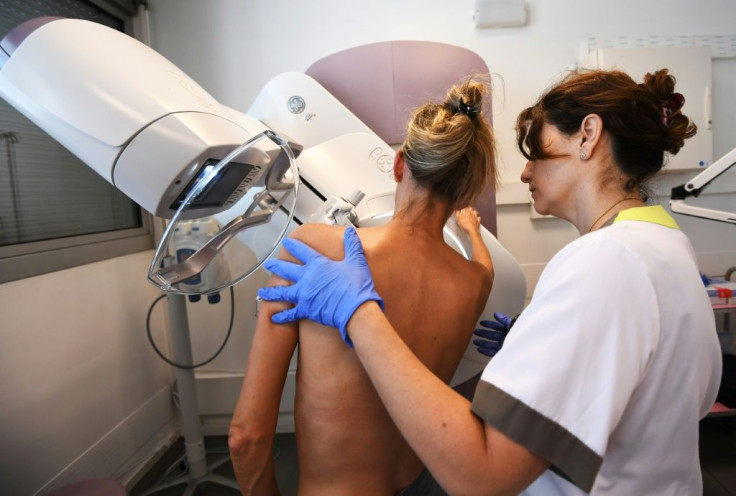10 Or More Sex Partners Can Increase The Risk Of Cancer
KEY POINTS
- A new study suggests ten or more sexual partners increases the chances of cancer
- Women are twice likely to be diagnosed with cancer compared to men
- STIs can be linked to higher risk of certain cancers in both men and women
People having ten or more sexual partners increase the chances of developing cancer. A new study states that women had close to twice the risk of being diagnosed with cancer.
The research conducted by scientists at the Anglia Ruskin University, Cambridge, U.K. published their study. Lee Smith, one of the coauthors of the research, stated that past research has revealed that certain sexually transmitted diseases (STIs) can lead to numerous cancers.
However, the team of scientists was surprised to find out that the risk of being diagnosed with cancer is higher in women compared to men. Smith told Reuters that it is likely because the connection with some STIs and cancer is stronger in women.
In order to ascertain how the number of sex partners affects the health of a person, the team collated data from the English Longitudinal Study of Aging.
Smith and others studied the data from 5,722 women and men. The average age was 64 for the study. They were asked in 2012-13 about their number of sex partners. The participants also shared their health conditions and routine activities.
Less than 41 percent of women mentioned one or zero sexual partners, 36 percent stated two to four partners, 16 percent mentioned five to nine sexual partners while eight percent stated ten or more. Meanwhile, 29 percent of men reported one or zero partners, 29 percent had two to four sexual partners, 20 percent had five to nine partners while 22 percent had ten or more.
The research published in BMJ Sexual & Reproductive Health showed women who mentioned 10 or more sexual partners had a whopping 91 percent chance to be diagnosed with certain cancers compared to their counterparts. In the same way, men with 10 or more partners had 64 percent more chance to have been diagnosed with cancer.
The study could not point out the obvious connections between cancer and sexual partners. Meanwhile, Smith shared tips for people with active sex lives.
“People who had risky sexual encounters should contact their health care providers to get checked for potential sexually transmitted infections and should discuss openly how to minimize this risk with their health care providers. Using appropriate protection will reduce the risk of related cancers going forward,” Smith said.

© Copyright IBTimes 2025. All rights reserved.





















